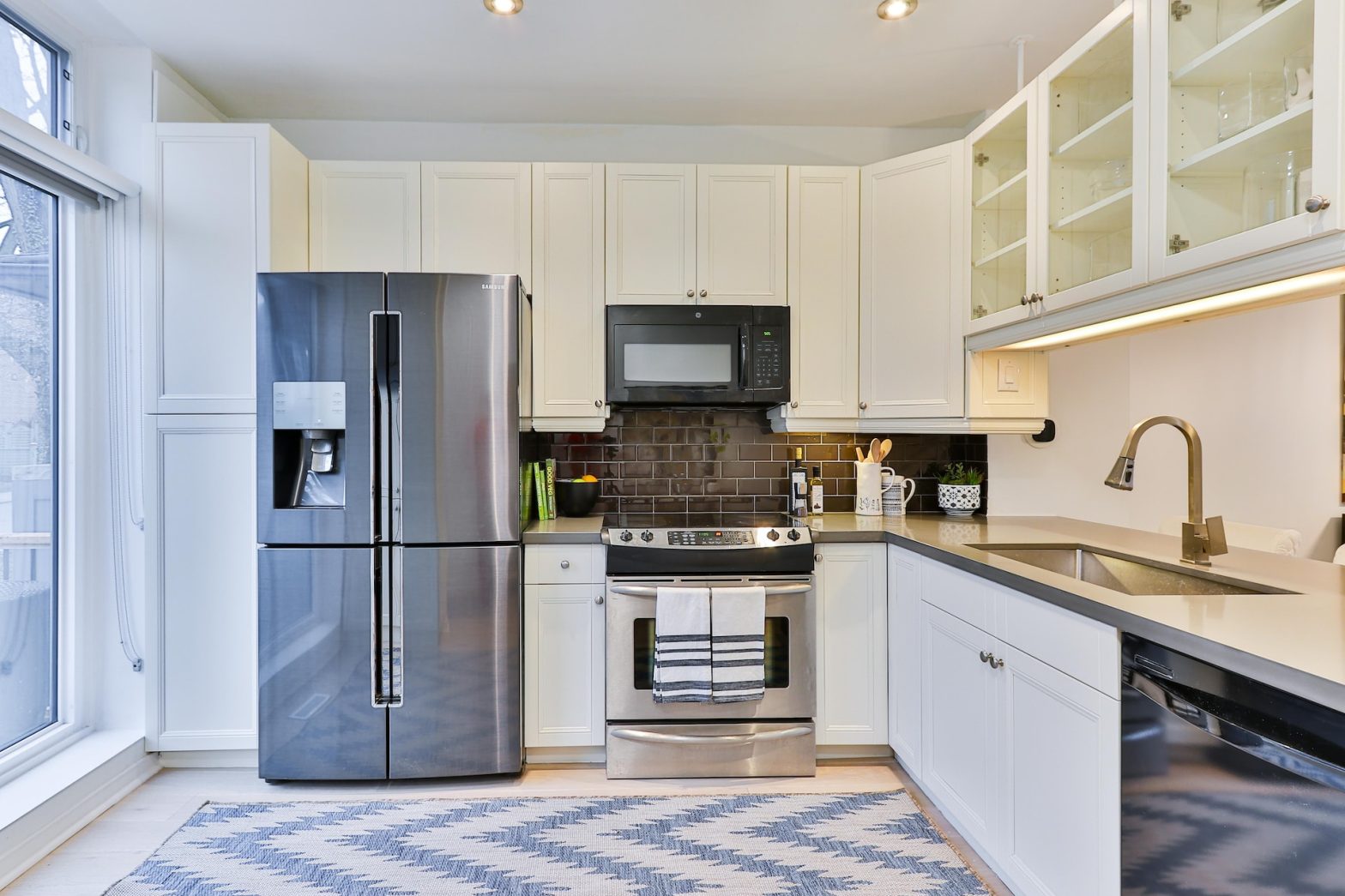Image Source: Unsplash
Is your trusty kitchen appliance showing signs of wear and tear? Before rushing to the store for a replacement, it’s worth investigating whether it can be rescued with the right spare parts.
Repairing your appliance not only saves money but also reduces waste by giving new life to an item that still has potential. But how do you determine if it’s time to replace or repair? In this guide, we’ll explore the factors that should be considered when making this decision.
3 Things to Consider When Thinking to Repair or Replace
When faced with a malfunctioning appliance, it’s vital to weigh the options of repair versus replacement. By considering these three key factors, you can make an informed decision.
How Much It Would Cost to Repair
When considering whether to repair or replace your kitchen appliance, it is crucial to assess the overall cost of repairs. If the estimated cost of repair is significantly lower compared to the price of a new appliance, repairing becomes an attractive option. This is especially true if the part is available at repair shops, home hardware stores, or on websites like partscentre.co.uk.
However, if the repair costs are close to or exceed the cost of a brand-new appliance, it may be more practical and cost-effective in the long run to invest in a replacement instead.
Be sure to consider factors such as labor costs, replacement parts, and any additional maintenance that might be required in the future when calculating the total cost of repairs.
How Much It Would Cost to Buy New
It’s vital to consider the cost of purchasing when you’re thinking about repairing or replacing your appliances. Evaluate the market prices for similar appliances and assess your budget.
Take into account any additional costs such as delivery, installation, and extra features that may increase the price. Compare this cost with the estimated repair cost for your current appliance.
If the price of a new appliance is reasonable and falls within an acceptable range, it might be worth considering as a long-term investment. Otherwise, you may have to spend money on multiple costly repairs for an older appliance that may have a limited remaining lifespan.
How Long You’ve Owned the Appliance
One important factor to consider when deciding whether to repair or replace your kitchen appliance is how long you’ve owned it. Oftentimes, repairing an old appliance isn’t worth it.
If it’s a relatively new appliance that you haven’t had for long, repairing it might be the better option. After all, you wouldn’t want to spend a significant amount of money on a brand-new appliance when the current one can be cheaply fixed with the right spare parts.
However, if you’ve had the appliance for many years and it has already undergone several repairs, it might be more cost-effective in the long run to invest in a new one. With that said, there are exceptions to this rule. Modern appliances aren’t built to last, but many older ones from the 50s-70s are. Even if that appliance is over 50 years old, it could be cheaper to repair.
Weighing All 3 Factors Together
Unless your appliances were made several decades ago, you should probably replace them if they’re broken and are over 10 years old. Repairing your appliances is usually a good idea if they’re 1 to 7 years old. The 8 to 9-year mark will depend on your overall costs.
With that said, some appliances are more trouble than they’re worth. Any appliance that costs less than 500 euros will cost more to repair than replace. If the part you need to fix your appliance is no longer available and your appliance is younger than 10 years old, don’t repair it.
In Conclusion…
Before you bid farewell to your faithful kitchen appliance, take a moment to assess whether repairing it is a viable option. By analyzing the factors discussed in this guide, like longevity, repair costs, and the price of a new appliance, you can make a more informed decision.





























